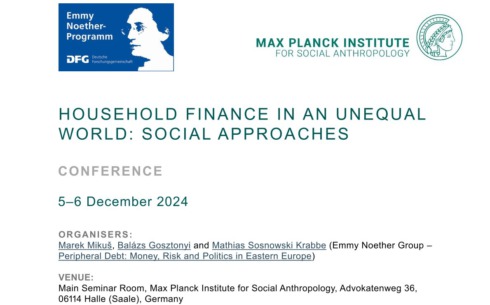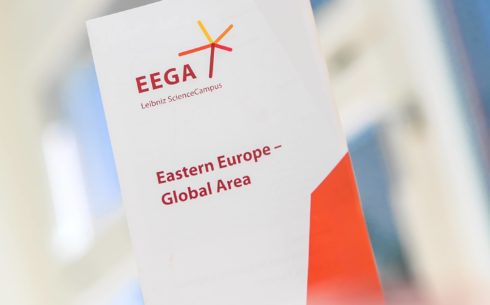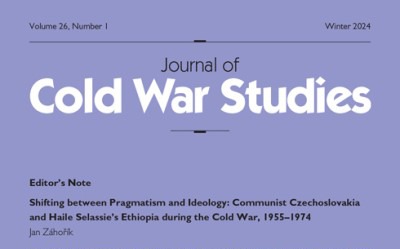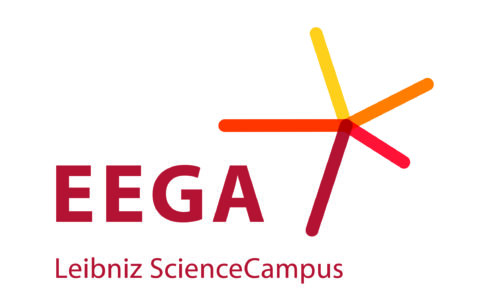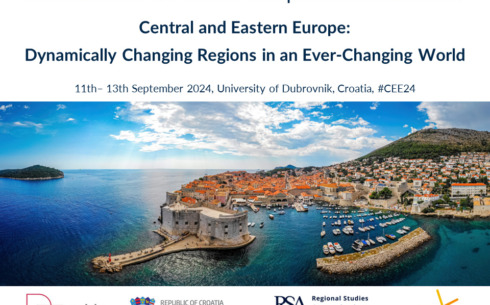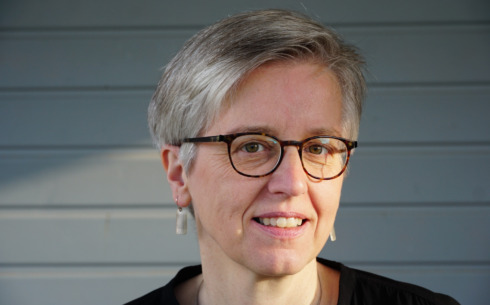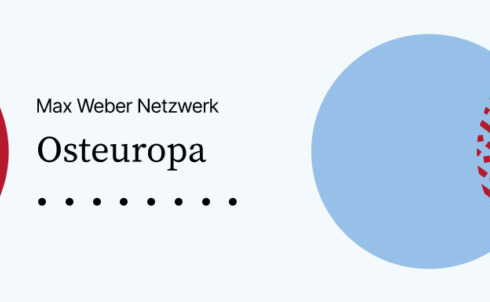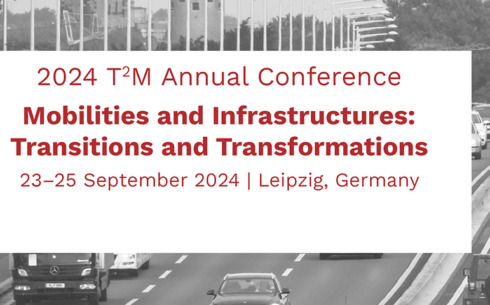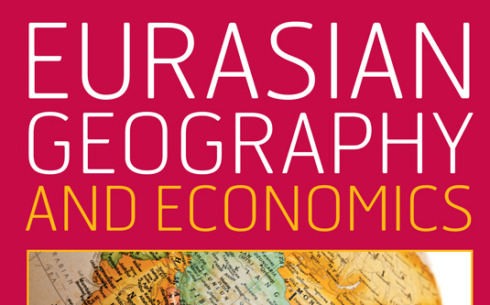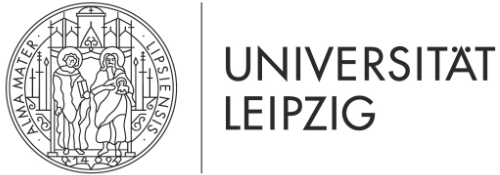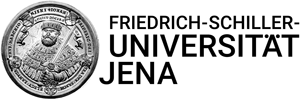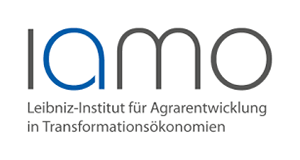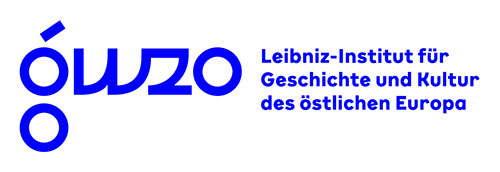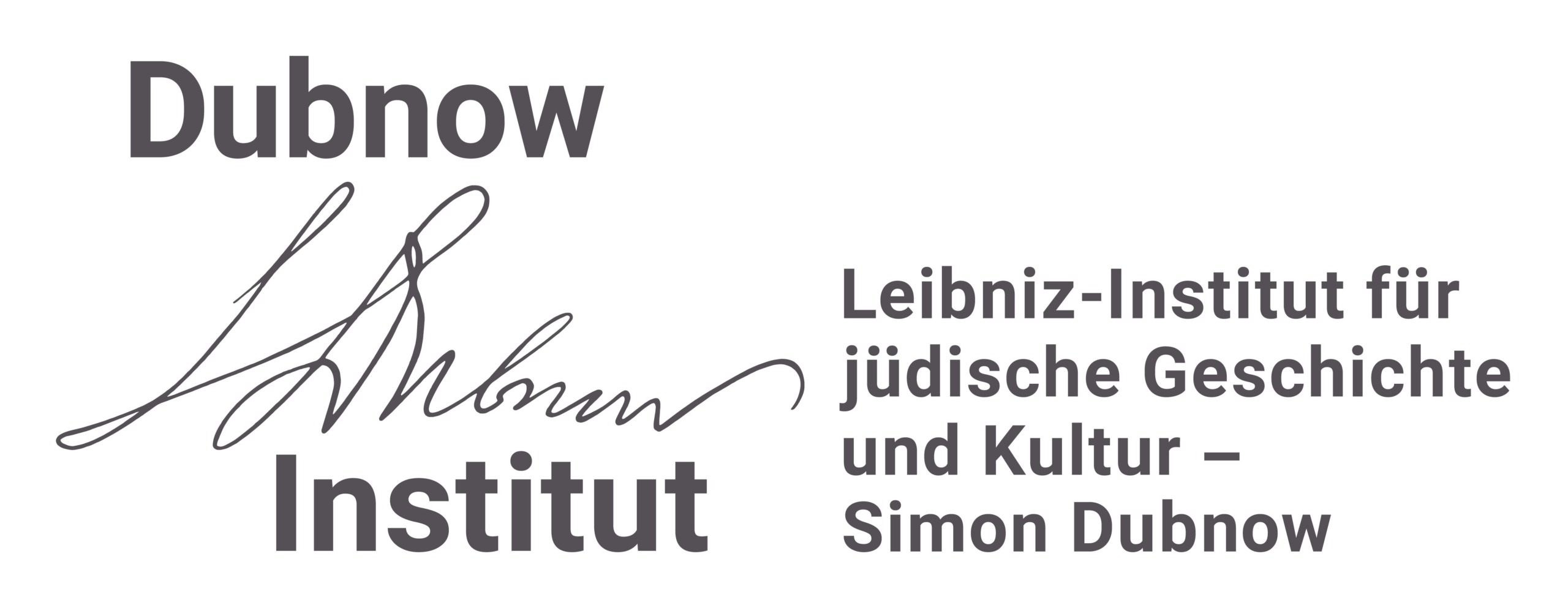How do we talk about ‘other’ geographies in/of Europe?
The aim of the event „How do we talk about ‘other’ geographies in/of Europe? Decolonial perspectives on Central & South-East Europe“ is to explore the potential of using decolonial frameworks to researching Central-East Europe (CEE) and South-East Europe (SEE), and to discuss analytical value in collectively conceptualising these relational geographies through the movement of people, spatial imaginaries, and forms of border-work.
The online event will take place on 23 September, 2020, 5:00 PM – 7:00 PM CEST.
The event brings together scholars who work on CEE and SEE to explore the following questions:
1. How can we conceptualise CEE and SEE in research?
2. (How) do postdependence, postcolonial, and decolonial approaches to the region help usdefine, re-orient, or build resistance in and across CEE/SEE geographies?
3. How can we use postdependence, postcolonial, and decolonial approaches to respond to some of the challenges in the region (e.g. epistemic inequalities between East and West, anti-migrant and xenophobic politics, the right-wing co-optation of postcolonial terminology)? What are their potential and limitations?
Speakers: Hana Červinková, Piro Rexhepi, Claudia Snochowska-Gonzalez, Ivan Kalmar (co-author of EEGA’s first special issue Understanding and Explaining Islamophobia in Eastern Europe.)
More information on the event and the link to register you will find on this website.
Oher interesting academic events tackling these questions are coming up soon, e.g. a workshop on „The Return of the Colonial: Understanding the Role of Eastern Europe in Global Colonisation Debates and Decolonial Struggles“ organised by EEGA fellow Zoltán Ginelli, Romina Istratii and Márton Demeter. It will take place on 27 September.
The workshop’s aim is to understand better what particular historical accounts and existing representations in western scholarship Eastern European scholars might need to ‘reclaim’ and how this could be pursued collectively. The workshop will result in a short commentary that will outline the state of Eastern European debates and opinions around these questions and will identify specific suggestions towards a more organised approach in engaging with and contributing to the relevant debates worldwide.
